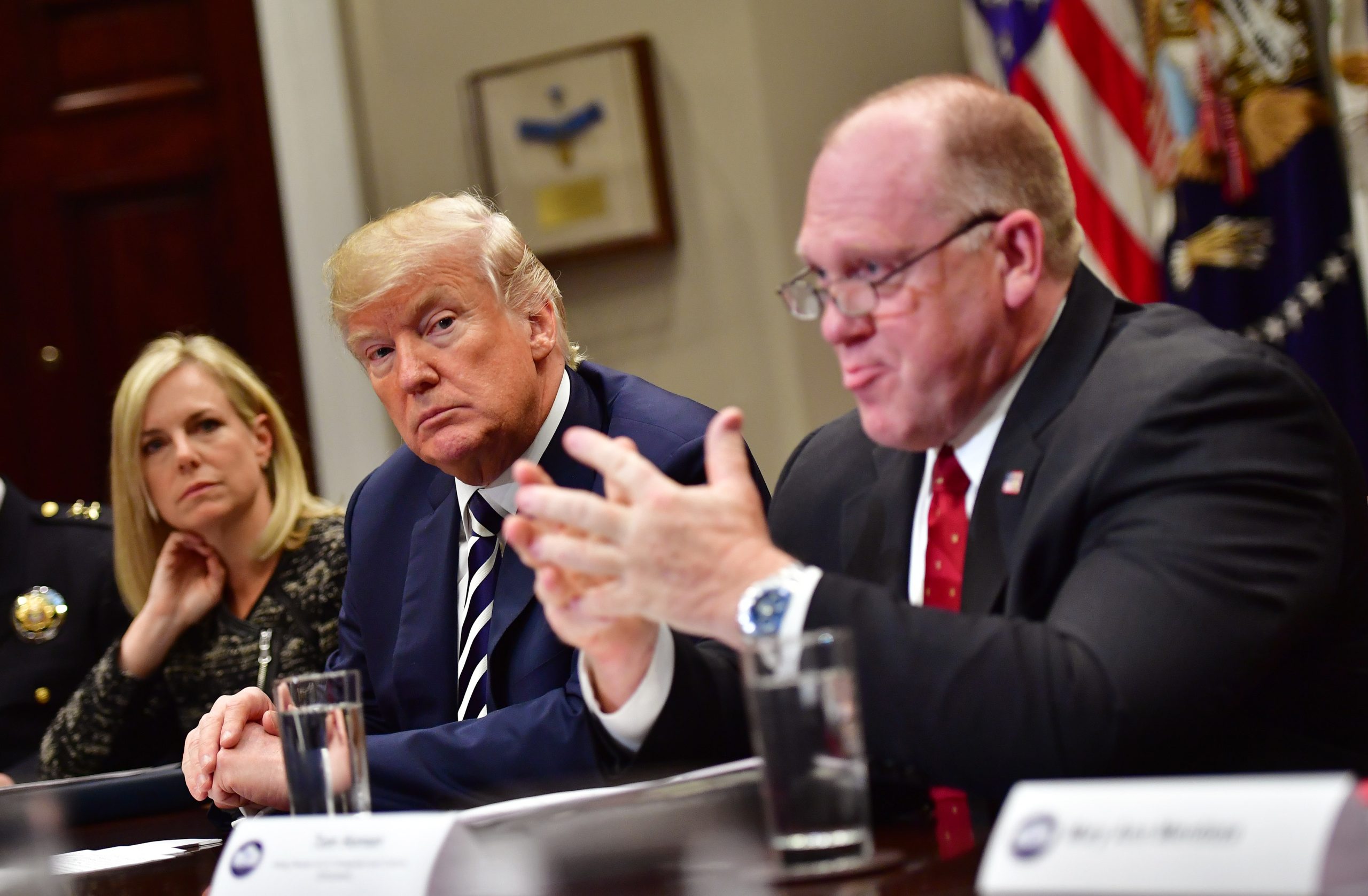The recent revelation of a bribery allegation against Tom Homan, a key figure in the Trump administration, underscores a troubling trend: the seeming indifference of many voters to allegations of corruption within the Republican party. Homan, formerly the White House “border czar,” allegedly accepted $50,000 in cash from undercover FBI agents posing as business executives. The alleged bribe, reported by MSNBC, was allegedly offered in exchange for Homan’s influence in securing government contracts should Trump win a second term.
The Homan Case: A Bribery Allegation
The sting operation, conducted last year and only recently concluded, paints a picture of potential quid pro quo corruption. While Homan wasn’t a sitting government official at the time, his public statements regarding a potential role in a future Trump administration directly link the alleged bribe to his anticipated position of power. The fact that the investigation, launched under the Biden administration and overseen by FBI Director Kash Patel and Deputy Attorney General Todd Blanche, was recently closed without further action raises questions about the investigation’s thoroughness and the potential for political interference. The lack of public prosecution fuels speculation and further erodes public trust in the integrity of the justice system.
Voter Apathy and the Erosion of Trust
The Homan case, while significant in itself, highlights a deeper societal issue: the apparent lack of outrage from a significant portion of the electorate. Despite numerous allegations of corruption surrounding Trump and his associates, a considerable number of voters continue to support the former president. This apathy raises important questions about the state of American political discourse and the effectiveness of accountability mechanisms. Is the focus on partisan politics overwhelming concerns about ethical conduct and good governance? Has a culture of accepting certain levels of corruption taken root?
The Implications for American Democracy
The potential for corruption to undermine democratic institutions is profound. When public officials are perceived to be acting in their self-interest rather than the public interest, the very foundation of democratic governance is threatened. Faith in fair elections and representative government is undermined, potentially leading to increased political polarization and instability. The Homan case is a stark reminder of the importance of transparency, accountability, and the vigilance of citizens in safeguarding the integrity of their political system. The lack of strong public reaction to such allegations represents a significant challenge to the health of American democracy. Further investigations and a robust public discourse are urgently needed to address these serious concerns and to restore faith in the institutions of American governance.
CONCLUSION: The Homan case is not an isolated incident; it’s a symptom of a larger problem. The alleged bribe, the subsequent investigation, and the lack of significant public outcry all point towards a need for increased scrutiny of political figures and a renewed commitment to ethical conduct in government. The future of American democracy depends on it.
Based on materials: Vox





